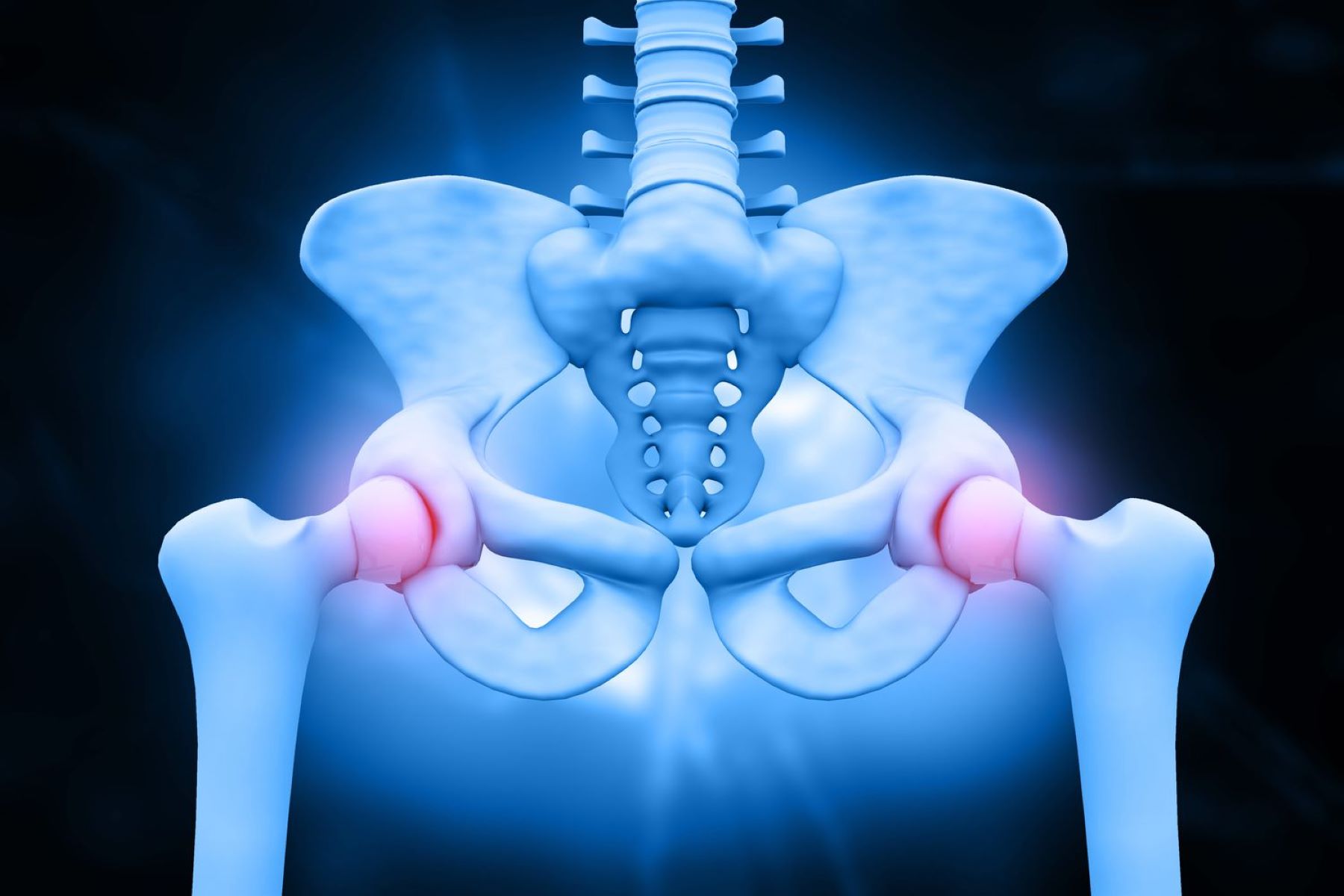
Facio Skeletal Genital Syndrome (FSGS) is a rare genetic disorder that affects multiple parts of the body, including the face, bones, and reproductive organs. Caused by mutations in the FGFR2 gene, this condition can lead to distinctive facial features, skeletal abnormalities, and genital malformations. Symptoms often vary widely, making diagnosis challenging. Early intervention and specialized care can improve the quality of life for those affected. Understanding FSGS is crucial for families, caregivers, and medical professionals to provide the best possible support. This blog post will cover 30 essential facts about FSGS, shedding light on its causes, symptoms, and management strategies.
Key Takeaways:
- FSGS is a rare genetic disorder that affects facial features, skeletal structure, and genital development. It can cause physical challenges, but early intervention and support can improve quality of life.
- Living with FSGS involves managing various health issues, but regular check-ups, therapy, and support from healthcare professionals and community can make a big difference. Advances in medical research are also improving understanding and treatment.
What is Facio Skeletal Genital Syndrome?
Facio Skeletal Genital Syndrome (FSGS) is a rare genetic disorder affecting multiple parts of the body. It primarily impacts facial features, skeletal structure, and genital development. Understanding this condition can help those affected and their families navigate the challenges it presents.
- FSGS is a genetic disorder, meaning it is inherited from parents.
- The syndrome affects both males and females, though symptoms may vary.
- FSGS is caused by mutations in specific genes, often related to the development of the face, skeleton, and genitals.
- The condition is extremely rare, with only a few documented cases worldwide.
- Diagnosis often occurs in infancy or early childhood due to noticeable physical abnormalities.
Facial Features of FSGS
Facial abnormalities are one of the most prominent signs of FSGS. These features can vary in severity and may impact a person's appearance and function.
- Individuals with FSGS often have distinct facial features, such as a broad forehead.
- A flattened nasal bridge is another common characteristic.
- Wide-set eyes, also known as hypertelorism, are frequently observed.
- Some individuals may have a small jaw, known as micrognathia.
- Cleft palate or lip can also be present in those with FSGS.
Skeletal Abnormalities in FSGS
The skeletal system is significantly affected by FSGS, leading to various physical challenges. These abnormalities can impact mobility and overall quality of life.
- Short stature is a common trait among individuals with FSGS.
- Scoliosis, or curvature of the spine, may develop.
- Limb abnormalities, such as shortened or malformed bones, are often seen.
- Joint problems, including hypermobility or stiffness, can occur.
- Some individuals may experience delayed bone age, meaning their bones develop more slowly than usual.
Genital Abnormalities in FSGS
Genital development is another area impacted by FSGS. These abnormalities can affect reproductive health and function.
- Males with FSGS may have undescended testes, a condition known as cryptorchidism.
- Hypospadias, where the urethral opening is on the underside of the penis, is also common in males.
- Females may experience underdeveloped or absent ovaries.
- Both males and females can have ambiguous genitalia, making it difficult to determine sex at birth.
- Hormonal imbalances related to genital development may be present.
Other Health Issues Associated with FSGS
Beyond the primary areas of impact, FSGS can lead to various other health complications. These issues can affect overall well-being and require ongoing medical attention.
- Heart defects, such as septal defects or valve abnormalities, may occur.
- Kidney problems, including structural abnormalities or dysfunction, can be present.
- Respiratory issues, such as chronic lung disease, may develop.
- Hearing loss, either partial or complete, is sometimes associated with FSGS.
- Vision problems, including cataracts or retinal abnormalities, can affect individuals with FSGS.
Living with FSGS
Living with FSGS involves managing various symptoms and health issues. Support from healthcare professionals, family, and community can make a significant difference.
- Early intervention and therapy can improve quality of life for those with FSGS.
- Regular medical check-ups are essential to monitor and manage health complications.
- Genetic counseling can help families understand the condition and its inheritance patterns.
- Support groups and online communities provide valuable resources and connections.
- Advances in medical research continue to improve understanding and treatment of FSGS.
Final Thoughts on Facio Skeletal Genital Syndrome
Facio Skeletal Genital Syndrome, also known as Aarskog-Scott syndrome, is a rare genetic disorder that affects multiple parts of the body. It primarily impacts males, causing distinctive facial features, skeletal abnormalities, and genital issues. Early diagnosis and intervention can help manage symptoms and improve quality of life. Genetic counseling is recommended for families with a history of the syndrome. While there's no cure, treatments focus on addressing individual symptoms and may include surgery, physical therapy, and educational support. Understanding this condition better can lead to more effective care and support for those affected. If you suspect someone might have this syndrome, consult a healthcare provider for proper evaluation and guidance. Knowledge and awareness are key to providing the best possible care for individuals with Facio Skeletal Genital Syndrome.
Frequently Asked Questions
Was this page helpful?
Our commitment to delivering trustworthy and engaging content is at the heart of what we do. Each fact on our site is contributed by real users like you, bringing a wealth of diverse insights and information. To ensure the highest standards of accuracy and reliability, our dedicated editors meticulously review each submission. This process guarantees that the facts we share are not only fascinating but also credible. Trust in our commitment to quality and authenticity as you explore and learn with us.
